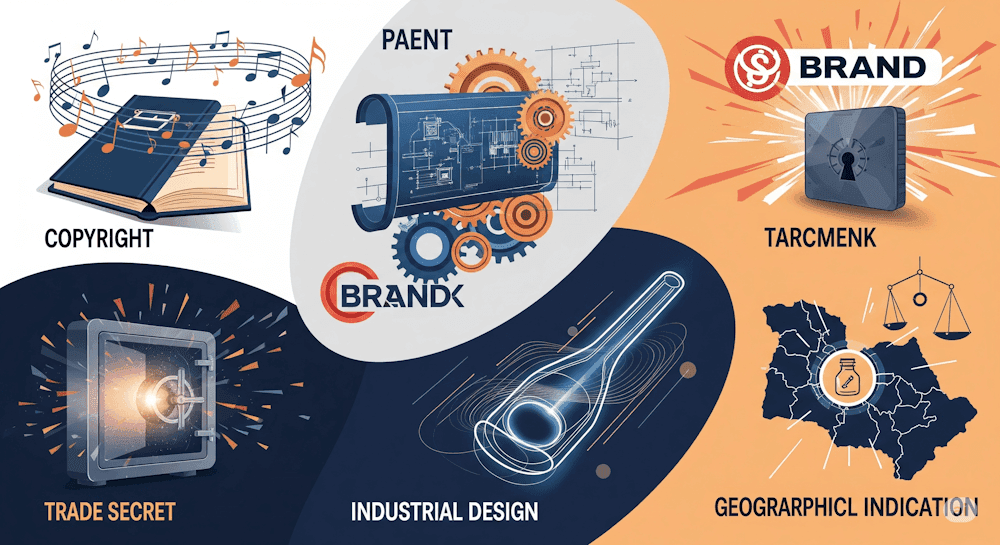So, let’s talk about confidentiality — and not in the “corporate policy handbook” kind of way. I mean real-world, everyday confidentiality, like what it means when you’ve got access to sensitive stuff at work and why messing that up can lead to major issues.
Because a lot of people think, “Oh, I won’t gossip” or “It’s just work info, no big deal.” But trust me — it’s a very big deal.
What Even Is Confidentiality?
Alright, here’s the simplest way to look at it:
Confidentiality means keeping private stuff... private.
In a workplace, that could be:
- Personal info about customers
- Employee records (like salaries, health info, background)
- Business plans, strategies, sales numbers
- Product designs, data, or even client lists
Basically, if it’s not public info, and it could hurt someone or the company if leaked — it’s confidential.
Where Do You See Confidentiality at Work?
Everywhere, honestly.
Let’s say you work at a healthcare clinic — you know how serious patient privacy is, right? Or you’re at a law firm — clients trust you with their deepest secrets. In marketing? You might be planning a product launch months in advance. If that leaks early, boom — competitor swoops in.
Even small stuff, like overhearing a co-worker’s disciplinary meeting or salary, counts as sensitive. And if that gets out? Trust is gone.
Why Companies Take Confidentiality So Seriously
This isn’t just a “play nice” rule. There’s real stuff at stake here.
1. Trust gets shattered
If employees or clients feel like their info isn’t safe, they stop being honest. Or worse — they leave.
2. Legal trouble
Leaking certain info isn’t just unethical — it’s illegal. Companies can get sued, fined, or blacklisted.
3. Loss of competitive edge
You know those “big reveals” during product launches? Imagine if a rival already knew. Yikes.
4. Reputation crash
People talk. One slip-up can ruin a company’s image — especially online.
Real-Life Examples of Confidentiality at Work
Let’s keep this practical. Here are some things people do without realizing they’re breaking confidentiality:
- Reading files off someone’s desk
- Forwarding an email with sensitive attachments
- Talking about a co-worker’s performance with others
- Sharing company numbers on social media
- Leaving your laptop open in a café with client info on the screen
Not malicious, maybe. But careless? For sure.
And Sometimes… It’s Not Just About Info
Confidentiality isn’t just about files and folders.
It’s also about knowing when to keep your mouth shut. Like:
- Not talking about someone’s sick leave or mental health
- Not whispering about internal HR decisions
- Not bringing home client gossip
Sometimes, confidentiality is about being respectful, not just following rules.
Who’s Responsible for Confidentiality?
Everyone.
From interns to CEOs — if you work with private info, you’re part of the confidentiality web.
Managers have extra responsibilities, of course. They often know way more, and how they handle info sets the tone for the whole team.
But make no mistake — one employee's mistake can mess up everything for the organization.
Can You Ever Break Confidentiality?
Yes. But only in very specific situations.
For example:
- If someone’s safety is at risk
- If the law requires it (like court orders)
- If there’s a whistleblower situation
But even then, you don’t just blurt it out. You follow a process. Usually with HR or legal teams involved.
Final Word: Confidentiality Is a Quiet Kind of Power
It might not seem flashy, but confidentiality is one of those things that quietly holds everything together at work. It's about respect. About being trusted. And about not being that person who spills something they shouldn’t.
And if you ever wonder whether something is confidential or not? Just ask yourself:
“Would it be okay if this got shared publicly?”
If the answer is “uhh… no,” then yeah — keep it locked down.
🔗 Read more:


